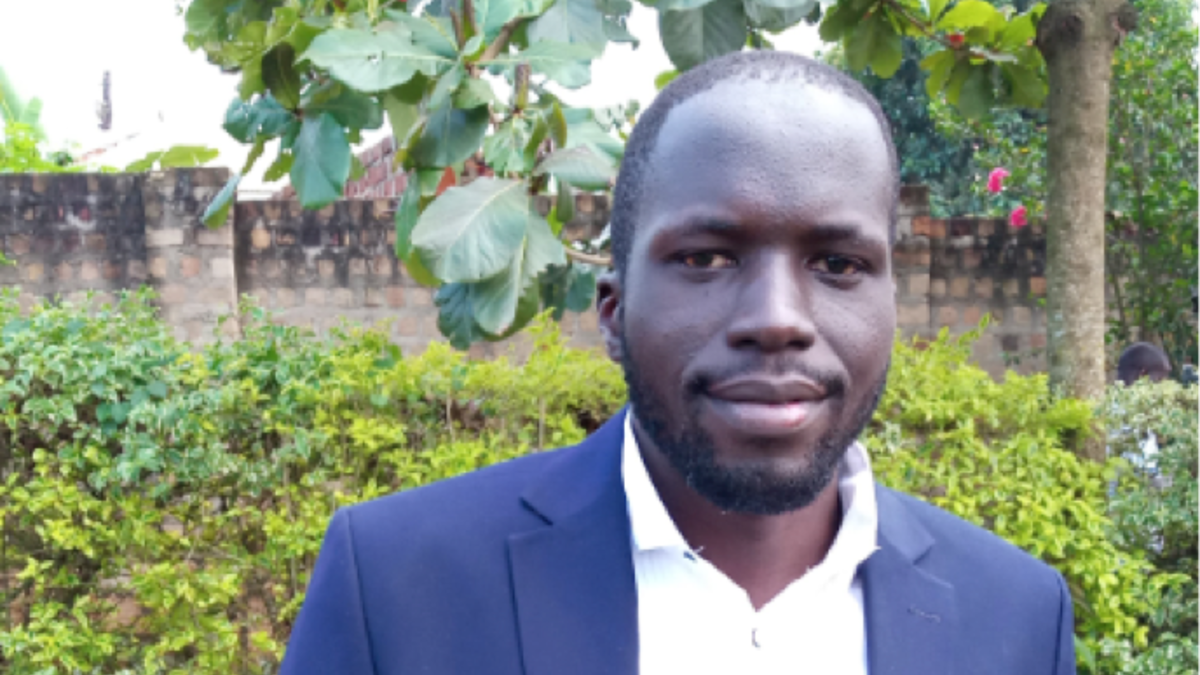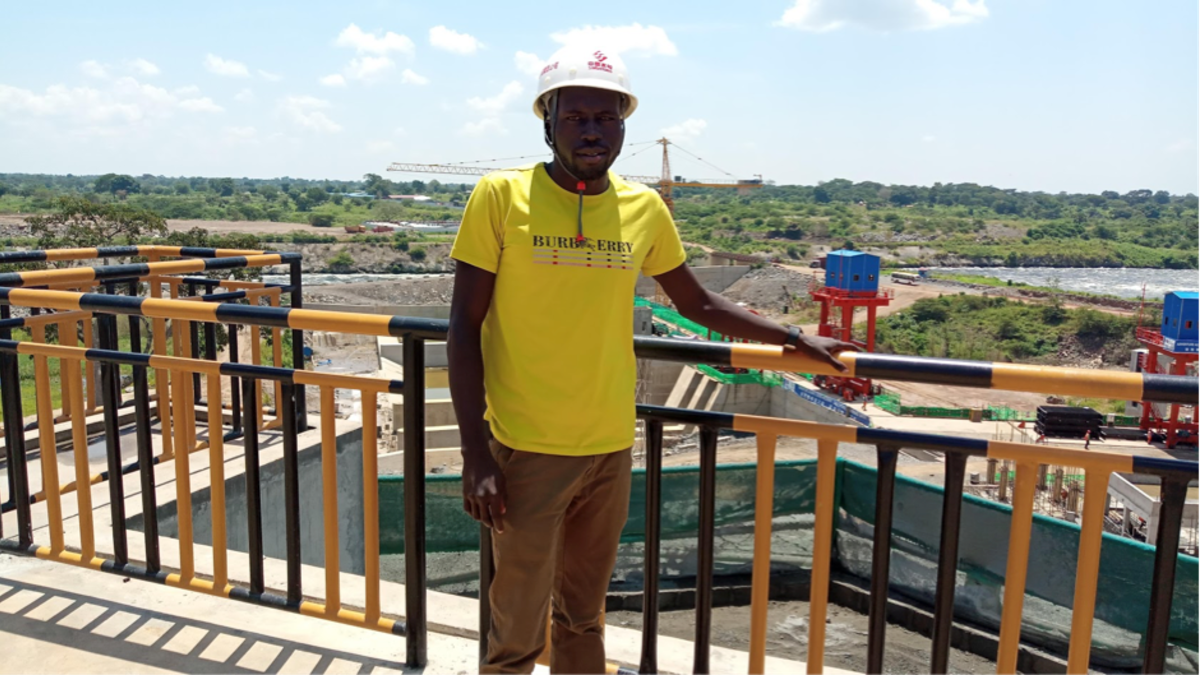Mastering your studies in bridge engineering
Dominic Okello, who travelled from Uganda to take an MSc in Bridge Engineering at Surrey, gives us his thoughts on life as a masters student in our Department of Civil and Environmental Engineering.

“One of the bridge engineers I admired studied at Surrey, so I worked hard to follow in his footsteps,” says Dominic
“Studying bridge engineering was a decision I made after finishing my first degree,” says Dominic, who graduated in 2015 and worked in industry, before coming Guildford to start his masters in 2020. “One of the bridge engineers I admired studied at Surrey, so I worked hard to follow in his footsteps.”
Dominic’s currently writing his dissertation. But he takes time out to offer his thoughts to other postgraduate students thinking about studying a masters in our Department of Civil and Environmental Engineering.
Preparation
“Come here with an open mind, be ready to make new friends and learn.
“Be prepared to tackle a different level of education, too. The masters content can be challenging. So, be ready to watch any accompanying videos and read the lecture notes more than once! You’re making the transition to a different level of study and finding ways to cope with that is a key skill you need to bring or learn.”
Your first weeks
“The first week is orientation, welcome activities and networking opportunities. After that, it gets serious quickly.
“As a masters student, you’ll be expected to pick all your eight modules. For bridge engineering, you have five compulsory and three optional ones. You need to select your dissertation topic, too. You can pick from a list of suggested themes or you can create your own. To do the latter, however, you’ll need to pitch it to the course supervisor.
“It sounds tough, but this means you have your study plans mapped out early on. After all, you’re only here for a year, so you need to hit the ground running.
“It also encourages you to quickly get into the pace of learning that’s expected. You don’t want to take it easy in the first two weeks, then find you have to catch up with a fortnight’s worth of course notes and surrounding literature as you head into your third week.”
Your timetable
“In each semester, you study four modules. So, from Monday to Friday, you’ll have at least one lecture per day and one free day where you can conduct additional reading or review lecture notes and supporting material. If you’re organised, it means you don’t have to study over the weekends.
“Also, take details of when assignment deadlines are and what reading has to be done when. It will help you plan your time commitments.”
The course

"It gives me confidence to see other students who’ve studied at Surrey have secured roles at big companies," says Dominic
“The modules are tailored exactly to my career goals to be an expert in bridge engineering. The lecturers all have a real depth of knowledge in the areas they teach and they always answer any questions I have.
“They have genuine industrial experience, too. I’m confident I’m not only getting an academic education, but one that is rooted in industry. When I’m applying for jobs, it gives me confidence to see other students who’ve studied this course have secured roles at these companies.”
Additional advice
“Make sure you take the time to research and select the modules you want to choose – and remember the lecturers are here to help you with that. They’re not here to judge you if you think your question may be silly. They’re here to support you, so make sure you utilise their knowledge, the facilities and any other educational resources on offer.
“Also plan your budget and manage your money carefully. Studying for a masters is tough enough without adding financial worries to it.”
Learn more about postgraduate study in our Department of Civil and Environmental Engineering.